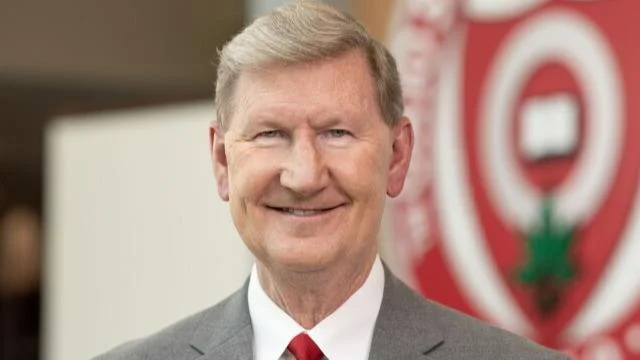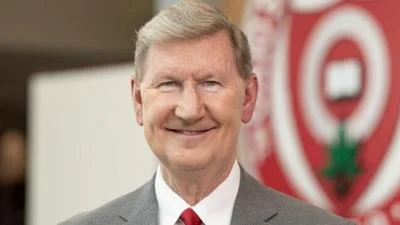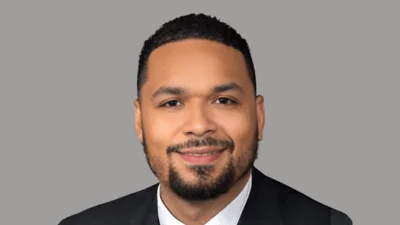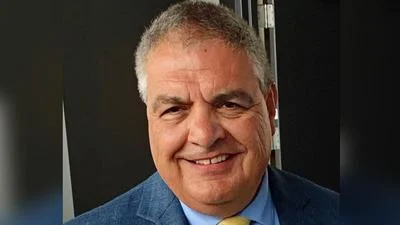Walter “Ted” Carter Jr. President at Ohio State University | Official website
Walter “Ted” Carter Jr. President at Ohio State University | Official website
Stephanie Matthews transitioned from a career in photography to leading A Tribe for Jazz, a nonprofit dedicated to jazz heritage. Her leadership journey brought her to The Ohio State University Fisher College of Business' first Conference on Principled Leadership. The event, held at the Fawcett Center, gathered over 200 professionals for discussions on values-driven leadership.
Matthews attended with Carmen Willis and Yashmine Boston, alongside Reynoldsburg Mayor Joseph Begeny and others. Participants completed the Fisher Leadership Initiative's (FLI) Principled Leadership Assessment beforehand. Developed by Ben Tepper and Hun Lee, this tool evaluates behaviors linked to principled leadership.
Lee emphasized the assessment's value: “We wanted to measure to see if principled leadership matters or is valuable,” he said. “We found that it is.” Research indicated such leaders foster innovation, sustainability, and reduced team conflict.
Eric Schumacher from Ohio State Wexner Medical Center praised the assessment's insights into his leadership style. His team used the conference as a retreat, sharing takeaways via WhatsApp.
A panel discussion moderated by John Hrusovsky featured Eric Lenard, Jo Ann Quinif, and Parag Shah discussing courage and ethics in leadership. Angus Fletcher led an engaging session on personal narratives' role in ethical leadership development.
Fletcher stated: “The story that is most important is your story,” encouraging reflection on personal experiences to build character. Participants shared stories of pride in overcoming moral challenges.
The conference ended with a panel on sustaining principled leadership led by Raj Ramachandran. Panelists included Corrine Burger, Jimmy Reid, and Jerome Revish.
Matthews valued the focus on science-inspired ideas: “Gaining insight into what’s happening in the brain and body — and how small adjustments can make us stronger, more effective leaders — was incredibly powerful,” she noted.






 Alerts Sign-up
Alerts Sign-up